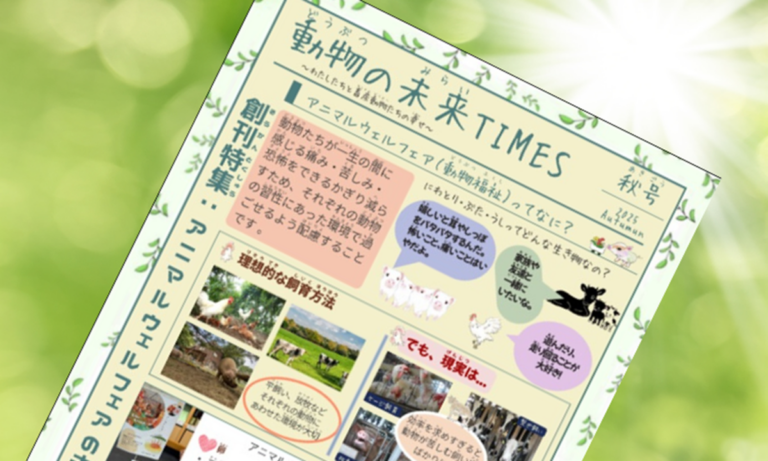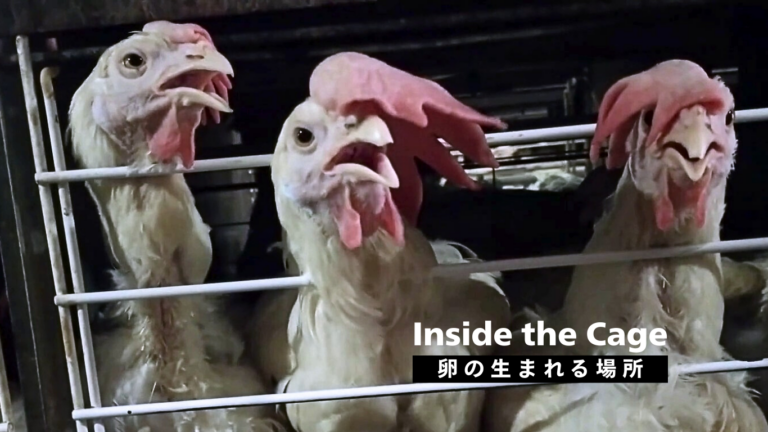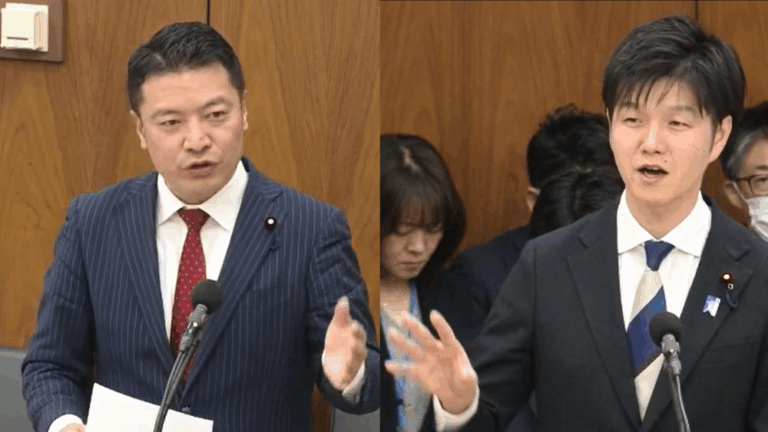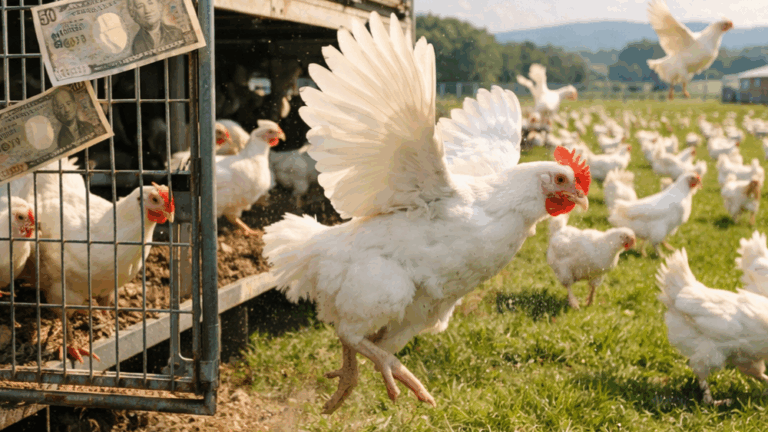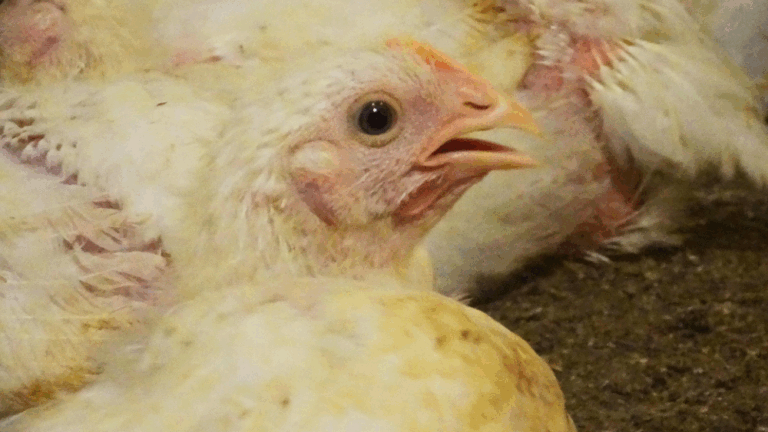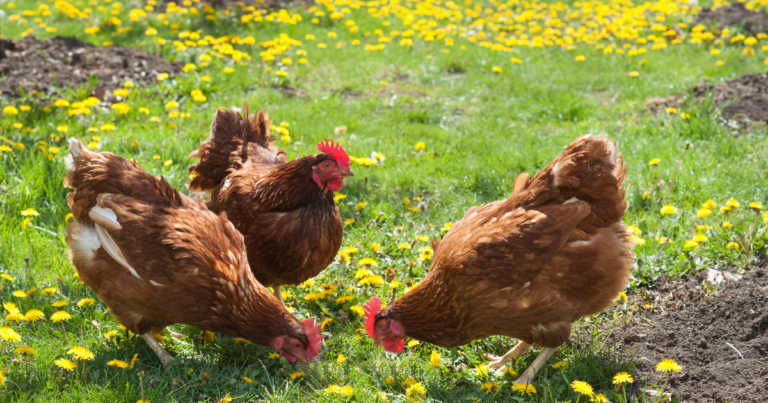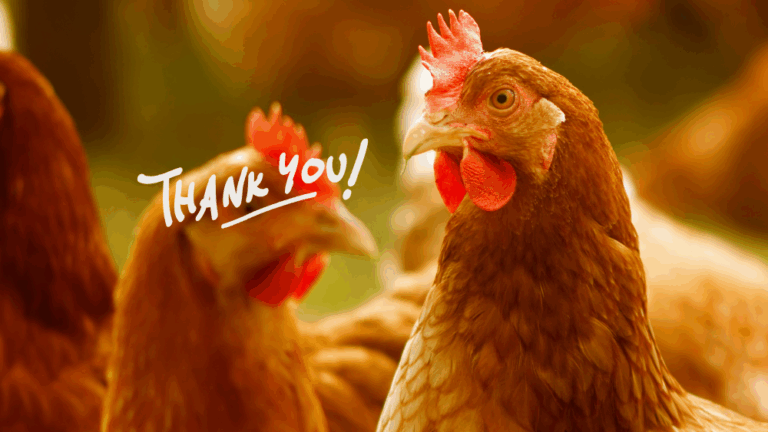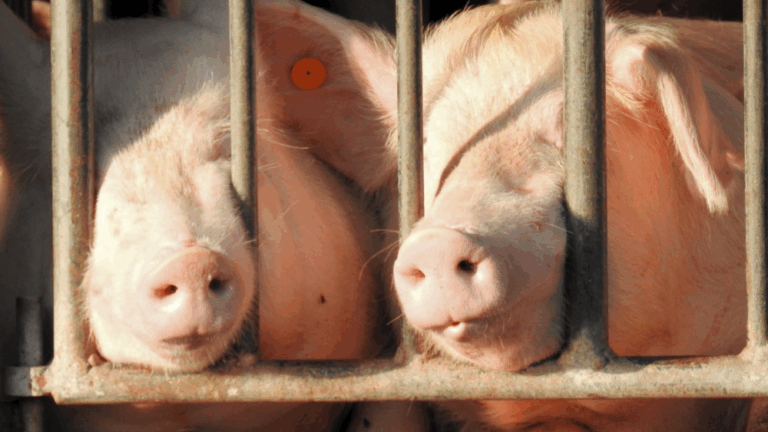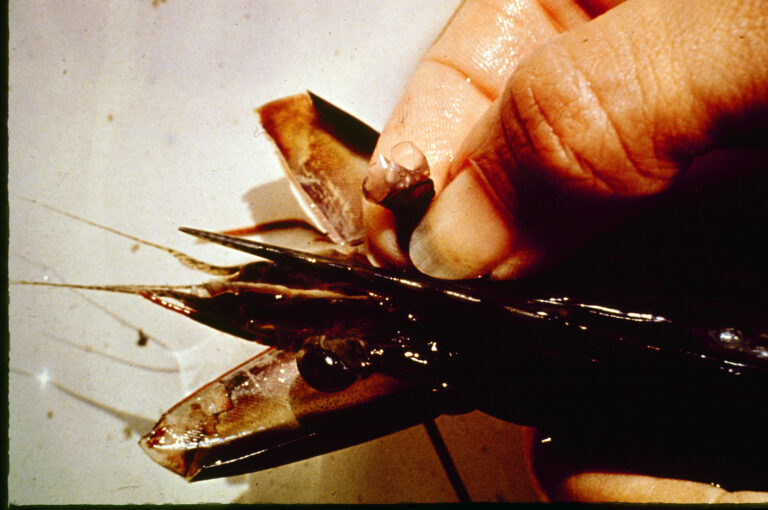The court’s ruling of the bribery case, in which the former CEO of the leading egg company AKITA Foods had bribed the then Minister of Agriculture, Forestry and Fisheries Yoshikawa to lower the standards of animal welfare, has become final and binding. They were both found guilty and rightly so. See here for related articles including an overview of the case. (As for the contents of the court’s ruling, please search news articles)
We must not end with just 2 guilty people
Is this the conclusion of the case?
Having been witnessing absurdity of the poultry industry and the Ministry of Agriculture, Forestry and Fisheries (MAFF) since around 2018, before this case was exposed, we really can’t allow this case to end with just this.
While the poultry industry just kept requesting to lower animal welfare standards, which is important for social sustainability and vital to achieving SDGs targets, MAFF also kept planning to lower it as if that was the right thing to do. Mr. Yoshikawa merely happened to be the Minister at that time. As revealed by the “Verification Committee Report concerning poultry and egg administration” published by a third party committee, we understand this case resulted largely from the structure of MAFF that has no intention of improving animal welfare and that tends to take only the poultry industry’s claims into consideration, and its lack of transparency.
That might have been reflected in meetings to exchange opinions on animal welfare that started from January this year in response to this report, and a sudden public comment solicitation about “Technical guidelines concerning livestock species-specific rearing management (draft)” without even a press release.
The opinion exchange meetings on animal welfare that’s being held quietly
The opinion exchange meetings on animal welfare take place “in private”. We might be able to learn the proceeding of the meeting only from the minutes, but it is, in fact, merely a summary. It probably won’t be really useful as it doesn’t contain any information about the connection between the speakers and their remarks. As the committee members don’t need to take responsibility for their remarks, there’s no problem and no one can point out even if they state opinions that are wrong, exaggerated, or with malicious intent to deliberately mislead. Therefore, opinions proposed at the opinion exchange meetings could be of no use to help people understand animal welfare and the current situation, nor can the summary of the minutes be trusted.
Technical guidelines for rearing management quietly soliciting public comments
On May 23, public comment solicitation for the “Technical guidelines concerning livestock species-specific rearing management (draft)” began without any press release or mentions on newsletters. Only when we received a notice of it did we realize. We wonder who in the society will notice this…
Although these guidelines should reflect the OIE’s animal welfare codes (except for laying hens as it’s still being drafted), on the face of it, it seems to reflect the Livestock Technology Association’s approach to animal welfare instead (details will be in an article later). We cannot help but think that it would’ve been more credible and technically refined had they just made a translation of the OIE’s animal welfare codes.
The government losing consumers’ trust
The two things above seem to be MAFF’s approach to animal welfare, but unfortunately this opaque and careless progression can’t be dismissed, and consumer organizations are losing faith.
On May 16, Consumers Union of Japan, a member of the opinion exchange meetings on animal welfare and also of the OIE liaison council, submitted an open letter to MAFF.
Open letter concerning “the opinion exchange meeting on animal welfare”
Open inquiry concerning the “opinion exchange meetings on animal welfare”
Civil society organizations consider administrations and companies lacking transparency as untrustworthy. So do we and probably citizens in general. Just participating in such a discussion lacking transparency itself affects the reliability of an organization. It’s such a shame that, given the fact that the topic of animal welfare has stemmed from the case mentioned above, this should have been their ideal opportunity to restore MAFF’s reputation…
Think for yourself instead of relying on the government!
As ARCJ is an animal protection organization, our top priority is to protect animals. So we might not be in a position to be concerned, but we believe there’s a distinct possibility that food companies, especially large publicly traded companies, could have a bleak prospects unless they improve standards of animal welfare. While improving animal welfare will add to the values of the nation and companies, should they be reluctant to do so and continue to keep the way things stand, animal welfare could become a risk.
It’s not supposed to be such a difficult story.
Japan’s image will degrade and Japanese companies will lose trust of the world market, leading to less investments both domestically and internationally.
This also puts all the people living in Japan as well as companies at risk. It is expected that antimicrobial resistant bacteria will likely be increasing in low animal welfare areas, and moreover, overcrowded farming could lead to outbreaks of novel zoonotic diseases. In fact, antimicrobial resistant bacteria are detected in chicken produced in Japan at a higher rate than in other countries. We’ll be regretting in the near future that we hadn’t been paying enough attention to animals. Only when we see the next generation and the following generation suffer, might we realize this.
No matter how industries and the government make the case that there should be a Japan’s version of animal welfare, spreading deceptive and false information, people and institutional investors will gradually be able to get the correct information and distinguish from false information in due course.
That’s why they should acknowledge the lag and make an effort based on scientific evidence without telling lies.
Companies and citizens have to think for themselves – whether or not the status quo is really acceptable.
Translation help thanks to H. Nakashima.



